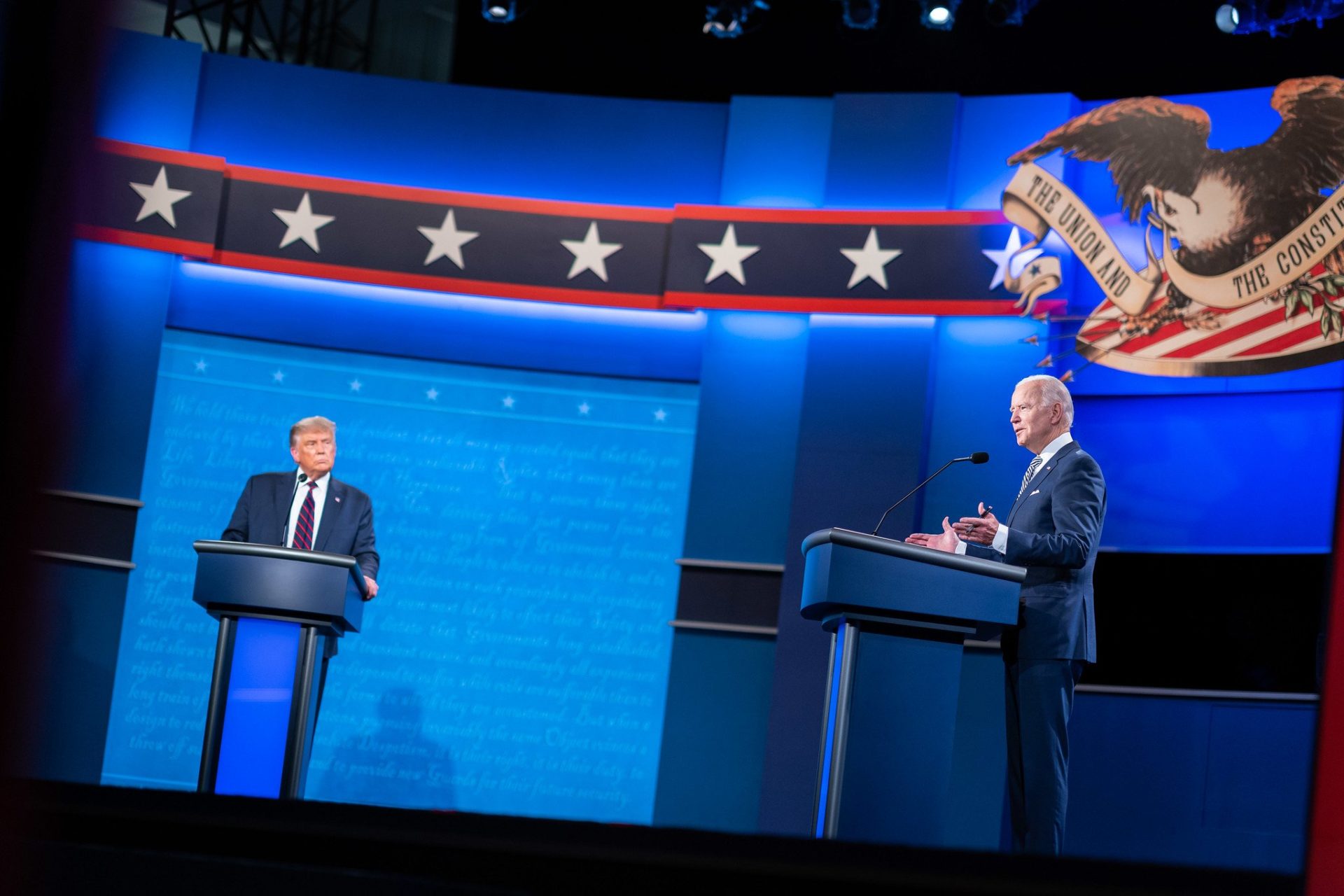
For the first time in U.S. history, two major-party presidential candidates agreed to debate each other. That was 1960, and that mutual decision spawned a culture of not only presidential but also lower-level debates across the nation. The creation of the Commission on Presidential Debates (CPD) in 1987 institutionalized debates at the presidential level, but debates became customary for all sorts of other elective offices.
As a result, voters have benefited from opportunities to hear candidates answer questions and engage with their opponents beyond soundbites. They have learned about how candidates as elected officials would address issues. And candidates have had the chance to inform voters about issue priorities and even inform voters about the specifics of policy issues.
Granted, debates are not perfect. In fact, some fall far short of the ideal. The way they are conducted, who moderates, and how open they are to the public – all play a role in whether debates succeed. But the forum itself has been valuable for our electoral process.
However, the culture of debates is now in danger. In 2020, President Donald Trump threatened to avoid the CPD debates and ultimately did cause the cancellation of a debate that year. For the first time in its history, the CPD canceled a debate because a candidate would not participate. The same may occur in 2024. The Republican National Committee likely will vote this summer to withdraw from CPD debates if their demands are not met.
The RNC’s threat has emboldened 2022 candidates. The two leading candidates in the Ohio GOP gubernatorial primary race pulled out of a scheduled debate, as did the top two candidates in a North Carolina GOP primary debate. Republican gubernatorial candidates in Nevada and Nebraska have decided not to debate, as did Herschel Walker, the leading candidate in Georgia’s primary race for the Senate.
Why is the culture of debating unraveling and what can be done about it?
Obviously, the Republican National Committee’s actions are having ripple effects on lower-level Republican candidates. But the attitude of the party’s most powerful influencer, Donald Trump, is being closely watched. Trump criticized the CPD in 2020 and likely will do so again in 2024. It is hard to believe Trump supporters are not behind the RNC’s decisions.
However, another factor is conservative hostility towards the traditional news media outlets that sponsor and organize candidate debates throughout the country. Individual media outlets, press clubs, and broadcaster associations are major debate organizers for federal and statewide races. Plus, it is media representatives who serve as moderators or on press panels that ask questions of candidates in these debates.
Yet, it is those organizations that incur the mistrust of conservatives. According to the Pew Research Center, the percentage of Republicans who said they had at least some trust in the national news media has fallen from 70 percent in 2016 to 35 percent last year. Media bias charts created by various non-partisan, independent organizations found that most mainstream media outlets – such as CNN, MSNBC, The Washington Post, The New York Times, the three broadcast networks, etc. – are skewing to the left. These same organizations provide most of the moderators for CPD debates and their local affiliates host local debates. Not surprisingly, conservatives point to these facts to charge bias.
The loss of the independent, non-partisan debate as a forum for voter education would be harmful to the public, candidates, and the electoral process. That is particularly true at a moment when the nation is divided by intense partisanship. Now more than ever we need independent, non-partisan institutions that are trusted by all. These institutions can bring stability and unity.
Debate can be saved, but it will take some reforms of how debates are conducted in this hyper-partisan era when media organizations are under attack. Debates will need to be run by independent, non-partisan organizations rather than media organizations – either as outlets or as groups of broadcasters. These organizations will need to maintain a reputation of non-partisanship, but also be able to resist candidate or party attempts to skew the debate rules in their favor.
To that end, state debate commissions have been formed in four states so far – Indiana, Utah, Ohio, and Washington – and are underway in others. These commissions organize, sponsor, and produce candidate debates at federal and statewide levels. Their boards consist of an array of participants – academic institutions, media organizations, community leaders, and senior political leaders of both major parties. The debates organized by these commissions have become the premier events of campaign seasons in these states. And candidates rarely skip them because they are well respected by all.
The State Debate Coalition (statedebatecoalition.org) is the umbrella organization for these state debate commissions. We provide information for individuals who value candidate debates and want to restore their role within their states. Debates are worth saving and we believe can be saved.

Richard Davis
Richard Davis is president of the State Debate Coalition and co-founder of the Utah Debate Commission.






